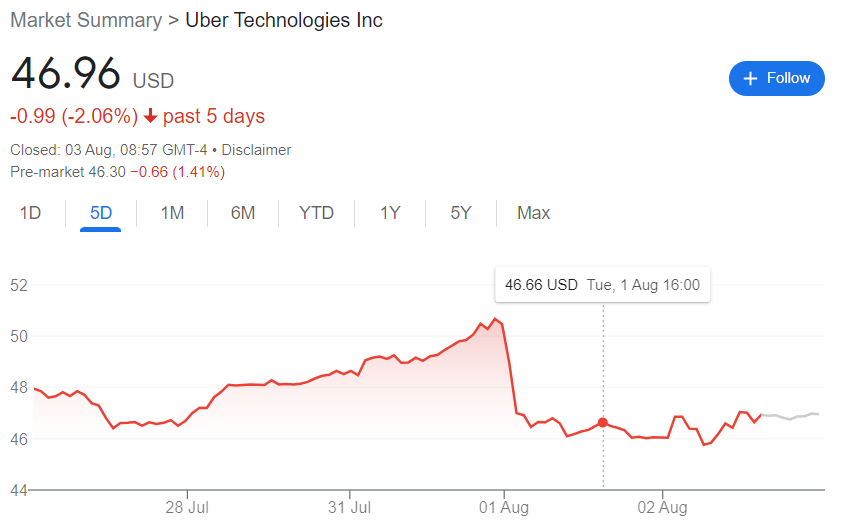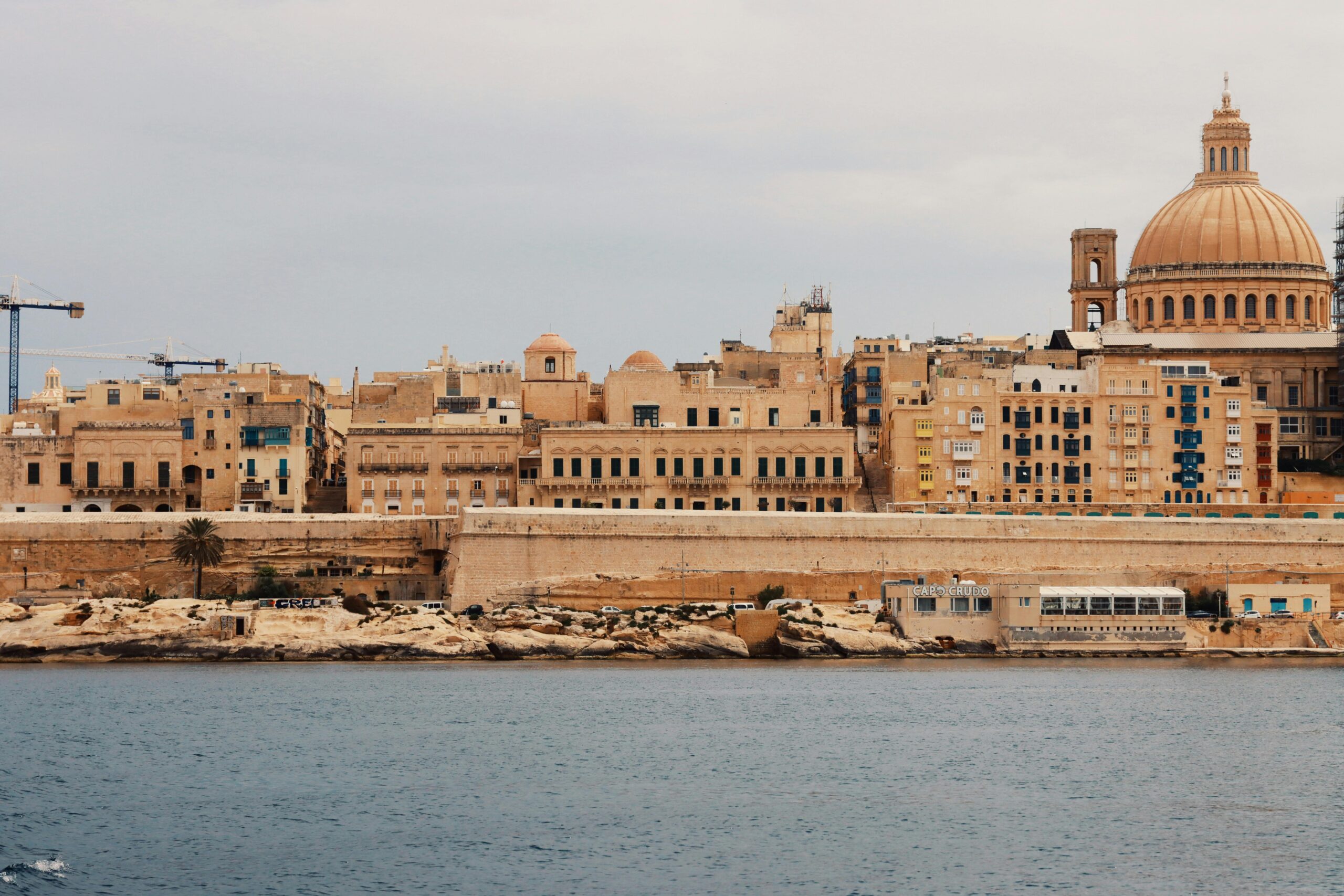One of the most recognisable ride-hailing companies, Uber, has finally reported its first operating profit yesterday (Tuesday) since it was founded in 2009 and after racking up $31.5 billion (€28.82 billion) in losses.
Despite overturning the taxi and food delivery industry worldwide, and becoming a publicly listed company in 2019, the company was unable to generate a profit until the second quarter of 2023. By the end of June, the company turned a profit of $326 million (€298 million).
“Robust demand, new growth initiatives, and continued cost discipline resulted in an excellent quarter, with trips up 22 per cent and an operating profit, for the first time in Uber’s history,” said Dara Khosrowshahi, CEO of Uber.
“These results also translated into strong driver and courier engagement, with six million drivers and couriers earning a record $15.1 billion (€13.80 billion) during the quarter.”
Since it’s inception, the company appeared focused on growing its market share across the globe, at the cost of incurring billions of losses each year. However in a statement, CEO said it planned on being profitable every quarter going forward.
Aside from growing demand, the company was also able to report a profit following several rounds of layoffs, having first trimmed its workforce by 17 per cent when the COVID-19 pandemic broke out in 2020, and also having cut portions of its recruitment and freight services divisions in June 2023.
Despite the positive news, the company’s stock price barely moved, and stood slightly above its public offering price from 2019 of $45 (€41.17). This was partly due investors getting jittery over slowing growth.

While the company’s revenues grow by 14 per cent to $9.23 billion (€8.44 billion) during the second quarter of 2023, it was still slightly below previously submitted estimates of $9.33 billion (€8.54 billion).
Locally, the company only launched in Malta in 2022, when the national market already had a plethora of local and international ride-hailing services operating. While in several countries it also operates a food delivery service, this has not yet become available in Malta.
Malta’s online freelance workforce surges by 135% but still lags behind globally
According to a new report, Malta’s share of the global freelancers is now at 0.03 per cent
64% increase of people in employment since 2014, latest figures show
New data paints a clear picture of Malta’s expanding workforce over the last decade
Malta’s economic growth to remain strong in global context, but sectoral shifts raise productivity concerns
While Malta continues to outpace eurozone peers in GDP growth, sectoral data suggests a growing reliance on less productive industries






